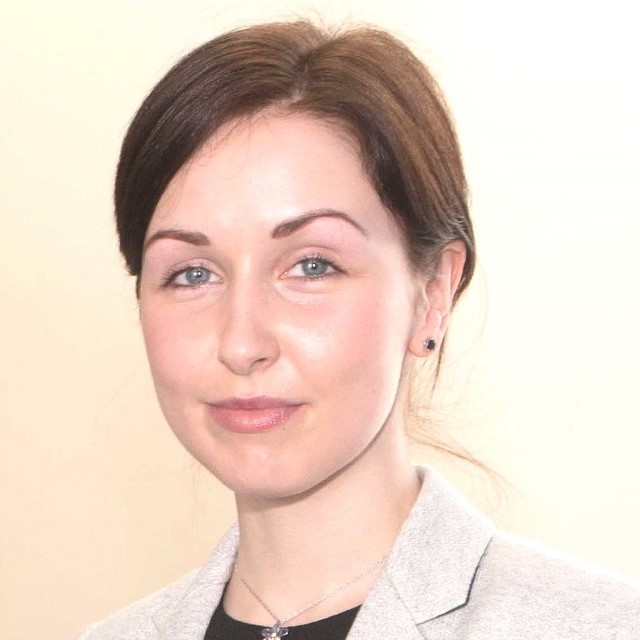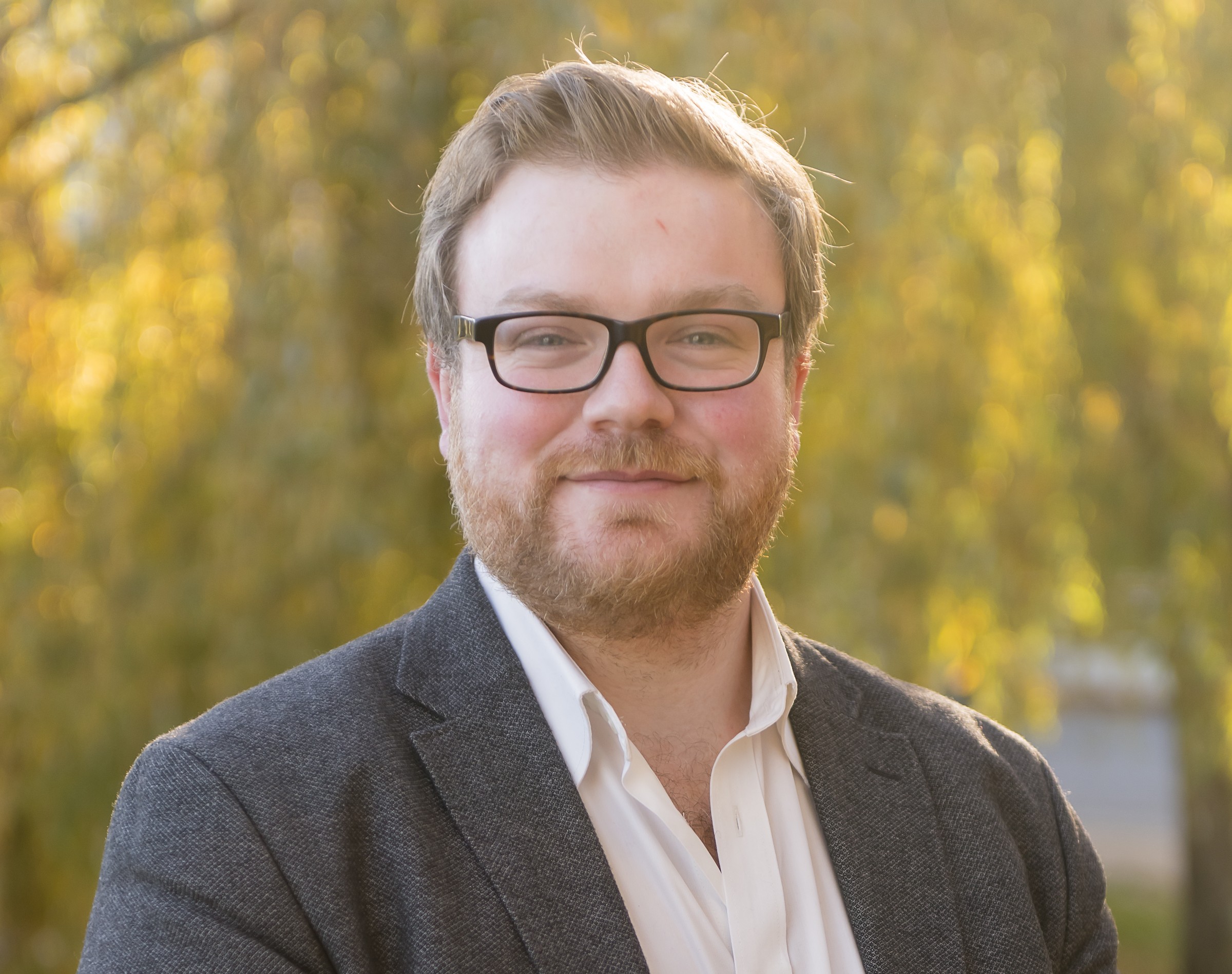Healthcare research with people in mind
A psychology degree paved the way for social gerontology researcher Dr Emma O’Shea to find her calling in dementia and Parkinson’s research.
5 min read - 14 Nov 2023

At its heart, health research is about and for people. For health researcher Dr Emma O’Shea, her focus is on improving care for people with neurodegenerative conditions such as Parkinson’s disease and dementia.
The theme that runs through her work is a people-centred question: what do patients and their families need?
Her research with Professor Suzanne Timmons at the Centre for Gerontology and Rehabilitation in University College Cork has recently been asking that question of people with Parkinson’s Disease, a movement disorder affecting thousands of people nationally.
The HRB-funded research grew from Professor Timmons’ own observations and conversations with her patients, explains Dr O’Shea.
“As a clinical expert, Suzanne could see that patients with Parkinson’s had many unmet needs, so we started talking with people living with Parkinson’s Disease and the people who advocate and provide care in this area,” she says.
Insights from people
In practice, that involved developing stronger links with patient organisations – such as the Parkinson’s Association of Ireland and the Neurological Alliance of Ireland – and carrying out surveys about patients’ own experiences and needs.
Around 1400 people with Parkinson’s responded to the national survey, and what they had to say made Dr O’Shea sit up.
“Hearing from the people who are directly affected by Parkinson’s quickly gave us real perspective,” says Dr O’Shea, who is a post-doctoral researcher and lecturer in UCC.
“The evidence was clear – people with Parkinson’s and their families highlighted the length of time it takes to get a diagnosis – up two years in some cases, the infrequency of follow-up, and the lack of access to multidisciplinary services to support their care needs. These insights came from the ground up, from the real experiences of people. It was eye-opening to see how much people across the country were struggling to access the right care at the right time.”
Evidence for action – nurse specialists
Through the national survey, the Parkinson’s disease community consistently emphasised the need for more nurse specialists, explains Dr O’Shea.
“People with Parkinson’s and their families were reading about nurse specialists in other parts of the world, and how important they are for quality care, but in Ireland few reported being able to access such a service,” she says.
“Nurses who are specialised in Parkinson’s can offer an important layer of support, especially for non-motor symptoms, including psychological and emotional issues – which many people feel aren’t always well-probed by medics, within time-constrained clinic visits. Nurse specialists can also facilitate a more integrated and holistic care approach – for instance by coordinating with other disciplines to respond to patients’ individual needs.”
Using evidence from the national survey, advocate groups successfully lobbied for more nurse specialists, securing six new posts nationally.
“This was academic research, but it always remained firmly rooted in the needs of people,” says Dr O’Shea. “And to see our research is ultimately helping those needs to be met is gratifying. It means that this research, which people with Parkinson’s Disease gave so much of their time to over 24 months, will improve care in a meaningful way.”
People-focused needs in dementia
Before her work on Parkinson’s, Dr O’Shea did her PhD on the needs of people with another neurodegenerative condition – dementia.
Working with Professor Kate Irving at Dublin City University as part of the HRB-funded SPHeRE (Structured Population health, Policy and Health-services Research Education) Programme, Dr O’Shea sought the insights of people with dementia and their families about their needs for restorative respite care, which should strive to give carers a break, while ensuring the person with dementia is meaningfully engaged.
“We were looking at those services for people with dementia and their carers, whether there was a good fit or a mismatch,” says Dr O’Shea. “We found that people want more community and home-based models, for example day-care at home services. This actually underscores what the Alzheimer’s Society has begun providing, since the COVID-19 pandemic.”
More recently, Dr O’Shea has been working with the Alzheimer’s Society to evaluate their new ‘Day Care at Home’ service.
“This service encapsulates many of the characteristics of a care model and approach that families living with dementia have needed and wanted for so long – it is person-centred and provides mutual benefit for dementia dyads within their own homes and communities, on a regular basis”.
Psychology as a foundation for research
How did Dr O’Shea get here? Researching the needs of people with dementia and Parkinson’s Disease was not specifically on the map when Killorglin native began her university studies, but she found her bearings quickly.
“I studied Applied Psychology in UCC, then after my Master’s degree I got a short placement with a Psychiatrist of Older Age, and then with Prof Timmons, working on the Irish National Audit of Dementia Care in Acute Hospitals,” she recalls. “It was my first exposure to working with people with dementia and Parkinson’s, and I loved it. It completely changed my life course – and I have never looked back.”
Now a lecturer at UCC’s School of Medicine, Dr O’Shea credits her background in psychology along with the interdisciplinary nature of the SPHeRE PhD programme for building a strong foundation from which to embark on a meaningful research career.
“I think that combination of learning really rigorous research methods and working with lots of people from different disciplines and backgrounds has given me the confidence and excitement to go and find out the issues that people are facing in healthcare and work with them to figure out how we can help.”
5 min read - 14 Nov 2023



